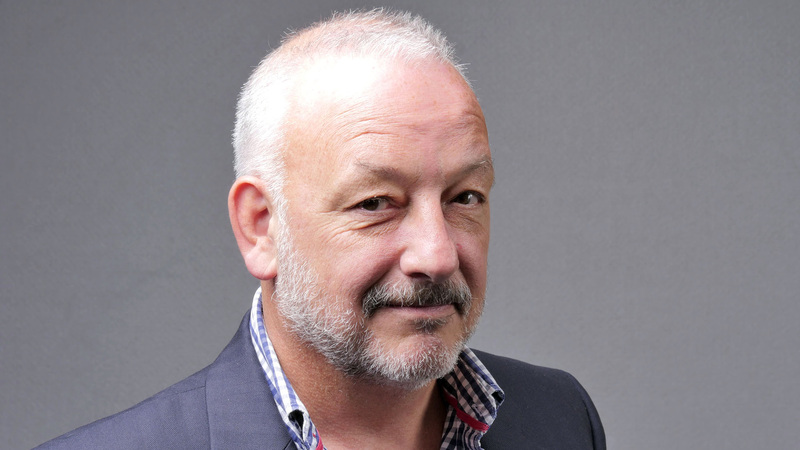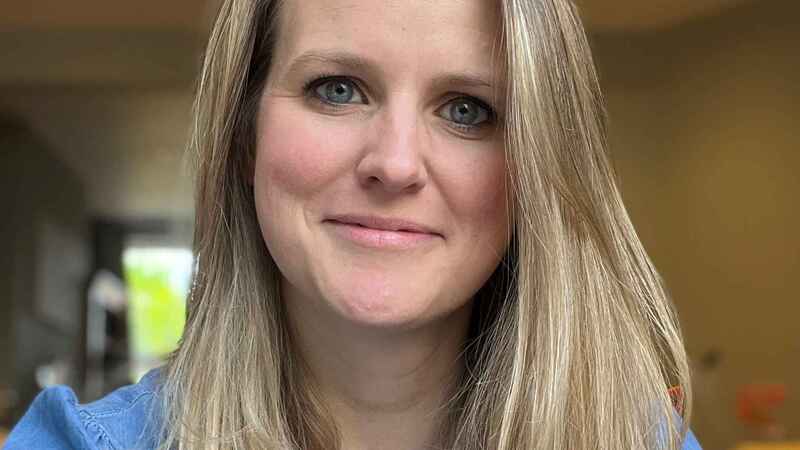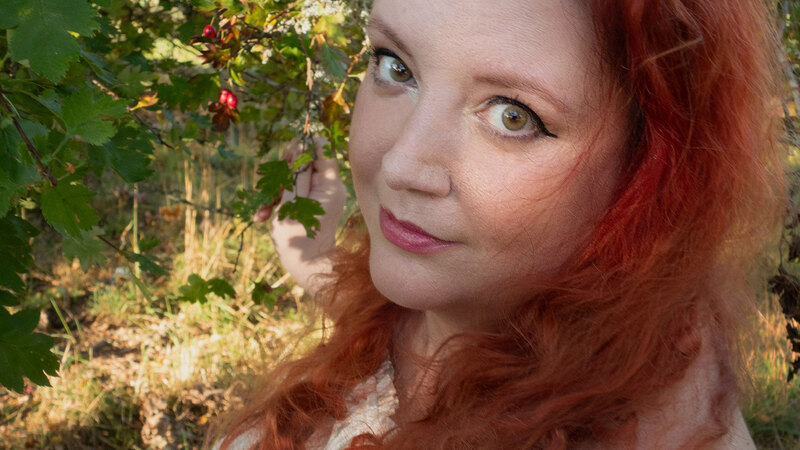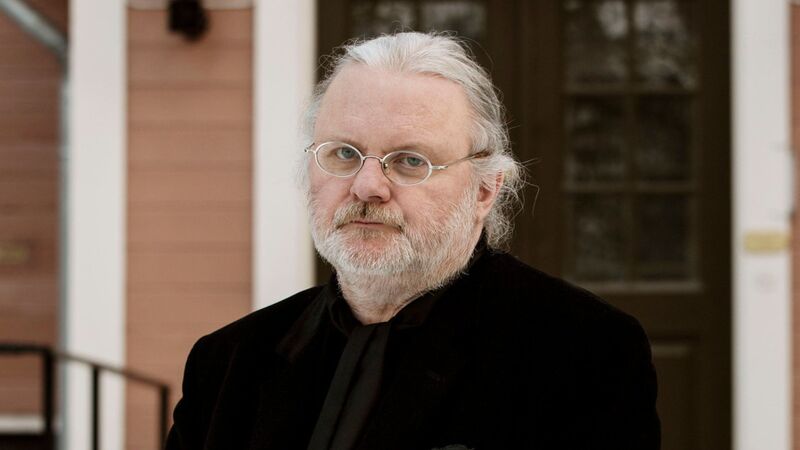You are viewing your 1 free article this month. Login to read more articles.
BA Conference 2024: Increasing diversity in the book trade key priority for president Fleur Sinclair
Fleur Sinclair, the owner of the Sevenoaks Bookshop in Kent who was recently appointed president of the Booksellers Association (BA), said that, during her term, she will prioritise “encouraging more people of colour into our trade”.
Outlining her objectives in her new role during the BA Conference, which was held from Sunday, 22nd September to Monday, 23rd September, Sinclair said that she would “like to try and help make our bookselling workforce better representative of the reading population”.
Sinclair cited the BA’s Membership Workforce Survey, which found that only 8% of booksellers were from ethnic minority groups. This number was up from 7% the previous year, but demonstrated that progress is still needed to achieve representation, as ethnic minorities make up 18% of the population.
The BA has started a collaboration with Creative Access, a social enterprise working to improve representation in the creative industries. The aim of the partnership is to improve recruitment, work experience and mentorship opportunities and help make the industry more reflective of society.
Sinclair said: “I am one of a very few Black booksellers working in the UK today and I would love to help change that. I love spending time in other bookshops. I love following other bookshops on social media, seeing what everyone is doing, who and what everyone is showcasing. And I would dearly love to see, and meet, a more racially diverse cohort of booksellers; see more Black and brown authors promoted and appearing at events happening all over the country.”
Another priority for Sinclair during her term as president is to “elevate how high-street bookshops are perceived in the wider book trade”.
She emphasised the importance of booksellers being viewed as “equal partners” by publishers, authors and agents, playing an equally important role in getting books out into the world. The publishers in the room were encouraged by Sinclair to take part in the BA’s Shopfloor Publishers scheme, which allows publishers to put on the hat of a bookseller for a day.
The BA president added: “Publishers, please use your reps as a conduit for all the crucially important consumer research we get every single day. Sharing and collaborating together to ensure we get the right books, in the right format, at the right price, then we can all sell more, publishers and authors will sell more, and readers will be happy.”
Uplifting booksellers is key at this moment as shops are faced with rising costs and various other challenges, according to Meryl Halls, the BA’s managing director.
Halls spoke about the “fragility of our sector” and the need for the industry to support independent bookshops. She said: “The BA always needs to balance and temper our messages, and at present, with increased costs continually affecting bookshops of all sizes, with zero wriggle room in the consumer prices on books, with staff costs, energy costs and rent and rates eating into profits, and a supply chain that can sometimes seem wilfully unhelpful, we need also to shine a light on the difficulties too.”
Events were also touched upon both in the m.d. and the president’s speeches, with Sinclair saying that there are “many players in the events sphere and there is potentially room for everyone”.
Sinclair caveated this by adding that bookshops should be “included in big tours” and get the chance and the support to host the types of events that work for their individual businesses. “We are key in building and growing readerships for new authors, but need to offset that cost by ensuring we can also host the biggest named authors too.”
The theme of this year’s conference was encouraging booksellers to understand the story behind their business and use that narrative to their advantage. Addressing this, Sinclair highlighted the importance of “letting customers and potential customers know exactly who we are and why they should choose to shop with us”.
This was also discussed by the keynote speaker, marketing and brand expert Matt Banker, who gave booksellers a framework to help them shape their websites in a way that showcases their story.
Banker said: “People want to connect with individuals, not just a business.”
Making bookselling accessible to everyone is another priority area for Sinclair, as well as Halls who in her speech highlighted “The Brilliant Bookshop Experience”, a pilot programme to increase book ownership and reading for pleasure among children and young people from underprivileged backgrounds in Gloucestershire.
Run by the reading charity Read for Good and National Book Tokens, the pilot saw pop-up bookshops appear in primary and secondary schools, while children were also taken on trips to bookshops on the high street and given a £10 National Book Token to spend on a book.
Halls said: “There will be a second pilot, working with Read for Good, and we are keen to start a dialogue with bookshops and publishers about how the Brilliant Bookshop programme could grow.”


















